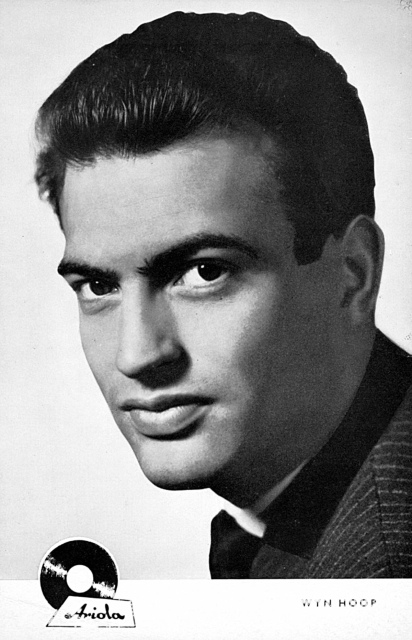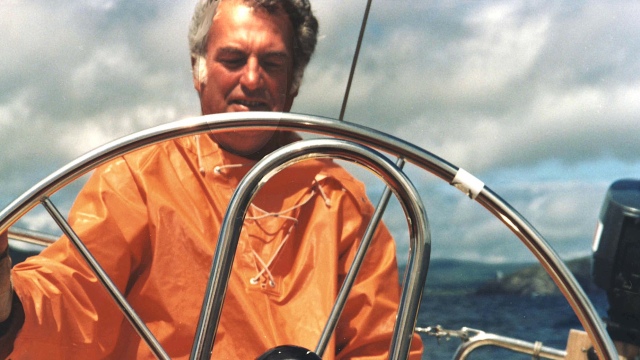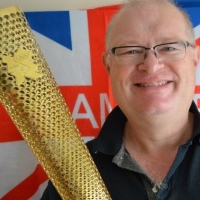Wyn Hoop. A very successful European basketball player, a kind of Lebron James? Nope. Known to his mother as Winfried Lüssenhop, Wyn Hoop represented Germany – or more accurately West Germany – in 1960 with the song ‘Bonne Nuit, Ma Cherie’.
Wait a cotton-picking moment, isn’t that French? Indeed it is, a French title for a German language song. It might have been early in the Song Contest’s development, but delegations were still trying to maximise their votes from the jury.
Did it work?
Well, his 11 points meant fourth place for Hoop. So he did really well. The song was a stately lullaby interspersed with trumpet and brass from the Orchestra. At over four minutes minutes, it was one of the longer songs in Eurovision – there was no three-minute rule back then – and lyrically Wyn tells his lover that that he will never forget her whilst she is asleep.
How Did He Get To London?
I presume you don’t mean by ferry. Actually, it was a bit of a shock when Hoop won in Wiesbaden. The clear favourite to win the pre-selection was Heidi Bruhl, who ended up finishing second. However, Heidi had a massive chart success with her song, ‘Wir woollen niemals auseinander geh’n’, reaching Number 1 in the German charts in May 1960, staying there for seven weeks, ending up going Gold, and rated the fifth biggest seller of the year. Bruhl herself went on to represent West Germany on the Eurovision stage in 1963.
For Hoop, the jury voted in his favour, preferring the song written by Franz Josef Breuer and Kurt Schwabach to the other nine songs in the pre-selection.
A Bit Of An Unknown Then?
Well he learnt to play the piano and the guitar in his childhood years, and formed a jazz band called The Capitellos whilst working at the Post Office in the early Fifties. It was only later on that they started to make records, and when the band split up Hoop started his solo career. However, he did release singles under different names (‘Fred Lyssen’ and ‘Fried Lussen’) until settling on Wyn Hoop. So he had some form, but was certainly not as well known as others in the pre-selection.

Wyn Hoop (archive image)
After Eurovision?
‘Bonne Nuit, Ma Cherie‘ wasn’t a big hit despite finishing fourth. But Hoop went on to further success covering American hits with German lyrics. Perhaps his biggest hit was a cover of ‘Are You Lonesome Tonight?’. He also finished fourth in the 1962 Deutschen Schlager-Festspiele, which that year was the pre-selection for the Eurovision Song Contest. As well as singing, Hoop also ventured into films, but his most significant career move was marrying the Austrian singer Andrea Horn in 1961.
For most of the rest of the Sixties and through the Seventies, the married couple performed and recorded as ‘Horn and Hoop’.

Wyn Hoop at sea
Anything Else Of Note?
Musically, how about the fact that Wyn Hoop discovered The Goombay Dance Band and so was responsible for the delightful ‘Seven Tears’?
Or how about the fact that Horn and Hoop are expert sailors and noted publishers of the sea? In 1978 they retired from the music industry and set up the Horn-Hoop-Maritim, publishing travel guides for sailors, writing a number of guides themselves about the Mediterranean.?
Wyn Hoop had a long career with Jazz bands, numerous solo hits and hits with his wife, then started a second career running for the last forty years sailing and writing travel books. And he was fourth in the Eurovision Song Contest1960.









